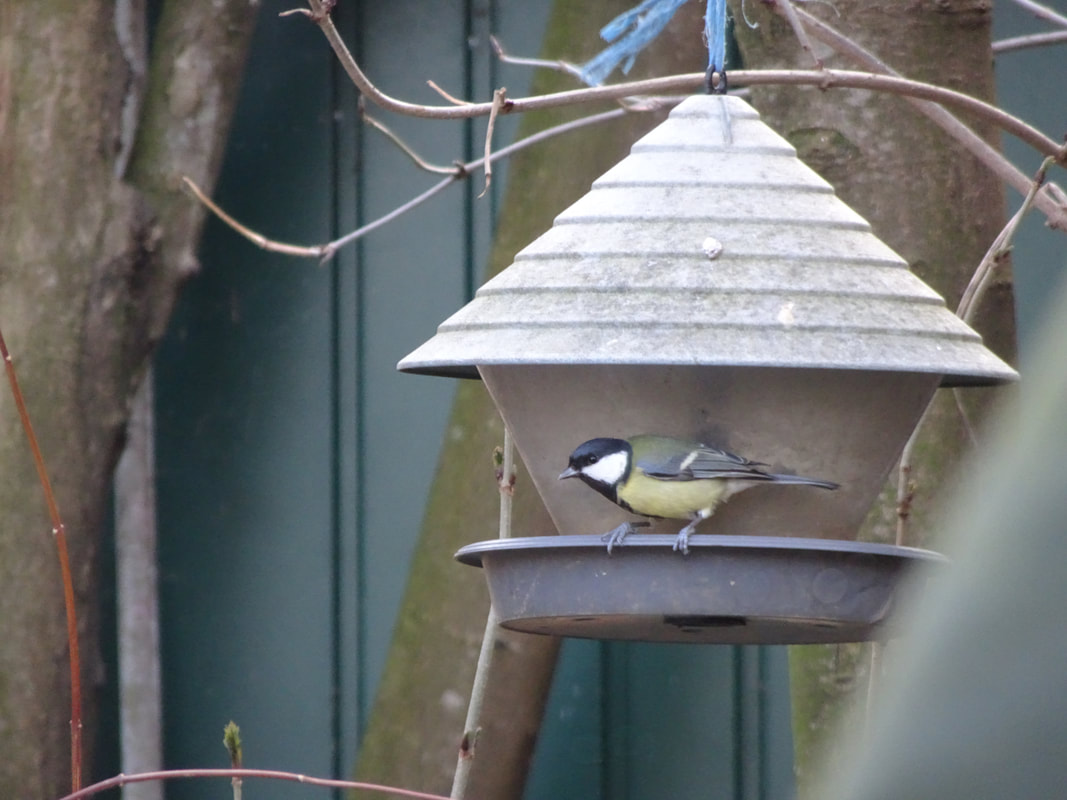If you travelled back in time, say any time between the 1920s and the mid-1960s, to Piccadilly Circus in London, you might hear a strange tongue spoken on the streets.
And if you spent any amount of time in the places where gay men gathered or worked, you would surely hear a few in-the-know terms such as nanti, vada, and bona.
These words are all part of Polari, a secret language that was developed and spoken by Britain’s gay men.
Prior to the partial decriminalisation of homosexual acts between men in 1967, same-sex love in the UK was a punishable offence. Besides offering the perfect lexicon for general gossip and critiquing the appearance of people passing by (it contains a lot of evaluative adjectives), Polari allowed members of the queer community to identify one another, even in public places.
“Vada the naff strides on the omee ajax” - Look at the awful trousers on the man nearby.
While often associated only with London, Polari was also spoken in several other UK cities with a large gay population. It was also used extensively by the gay men working on British Merchant Navy ships and passenger ships owned by P&O, according to Paul Baker, a Linguistics Professor at Lancaster University who has studied the language for many years.
Polari isn’t a full language in the truest sense of the word, rather it’s an argot, also known as an anti-language as defined by the linguist Michael Halliday in the 1970s. These secret vocabularies or lexicons typically belong to one distinct group, and many are commonly associated with criminal activities, for example, Thieves' Cant.
“At certain times and places we come across special forms of language generated by some kind of anti-society; these we may call “anti-languages.” An anti-language serves to create and maintain social structure through conversation, just as an everyday language does; but the social structure is of a particular kind” - Halliday
Another example is Grypserka, an elaborate anti-language that’s spoken among Poland’s prison inmates. Halliday’s research sets out the similarities between Grypserka and two other argots (one from the Kolkata underground and another from Elizabethan England) that were utilised by criminal countercultures and underground groups. He explains how these anti-languages shape in-group interactions, in particular, the group’s social hierarchy.
Thieves’ Cant and many other argots are commonly thought of as relics of the past, but many are still thriving today and are, in fact, common in prisons worldwide. Here in New Zealand, for instance, Boobslang offers an extensive vocabulary; Diana Looser’s 2001 research into the anti-language contains around 3000 distinct entries.
Unlike Boobslang and Grysperka, Polari was primarily used to keep its speakers out of prison in the first place. But like these prison argots, Polari was used to keep speakers’ illicit activities undetected by the authorities.
In 2000, a survey of 800 gay men revealed that roughly half of the participants had never heard of the language, and in 2010, Cambridge University designated Polari as an endangered language. After the gay liberation movement and the decriminalisation of homosexuality in the UK, Polari became largely redundant; in the 1970s, many of its speakers preferred to be out and proud.
Its legacy still lives on in cultural productions, though. There’s a Polari version of the Bible (which kicks things off with Gloria creating the heavens and the earth), and two brilliant, Polari-speaking chorus boys in the 1960’s BBC radio comedy, Round the Horne. It should be noted that this particular radio show rather blew the lid on Polari, making its secret codes public meant the cat was out of the bag.
More recently, trainee Church of England priests held a service in Polari — a queer liturgical linguistic fiesta, if ever there was one!
Other argots have evolved too, as have their functions and designation in society. Gobbledygook is a good example of this. Once the humorous anti-language of working-class people in Victorian England, it’s now considered the overwrought language of bureaucrats.
Today, we still use several words in the same way Polari did, including camp, butch, palaver and naff, and the anti-language’s wit and humour have provided inspiration to many writers, including the late David Bowie. For example, the song Girl Loves Me is written in an intriguing combination of Polari and Nadsat, the anti-language Anthony Burgess invented for A Clockwork Orange.

 RSS Feed
RSS Feed